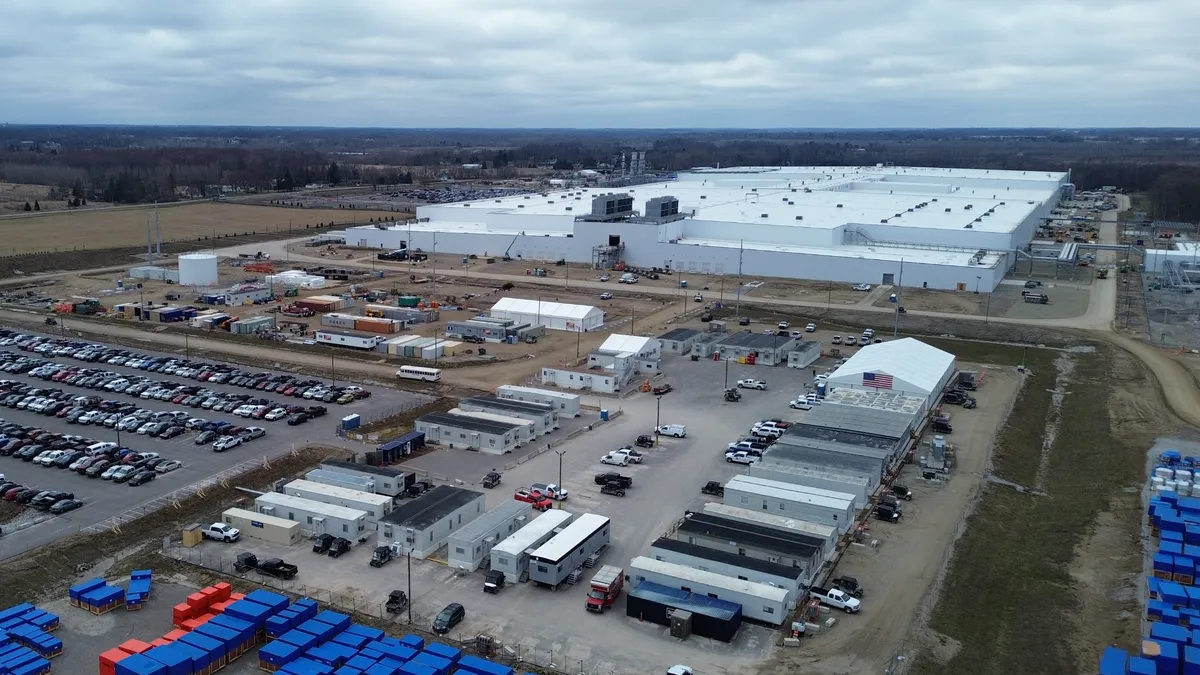2026-01-21
Manufacturing
2024-12-04
1346 Read.

The battery plant in Michigan was one of three U.S. facilities that GM planned to operate as part of its Ultium Cells joint venture, but the automaker aims to strategically adjust production capacity and control costs while the EV market expands.
"We believe we have the right cell and manufacturing capabilities in place to grow with the EV market in a capital efficient manner,” Paul Jaconbson, GM EVP and CFO, said in the release. “When completed, this transaction will also help LG Energy Solution meet demand by leveraging capacity that's nearly ready to come online and it will make GM even more efficient."
The Ultium Cells joint venture initially expected to have more than 130 GWh of battery cell capacity across three facilities once reaching full capacity later this decade.
The sale of GM’s stake in the Michigan battery cell plant, however, does not change the automaker’s ownership interest in the Ultium Cells joint venture. GM will continue to jointly operate its other two battery cell manufacturing facilities in Warren, Ohio, and Spring Hill, Tennessee, with its battery partner LG Energy Solution.
"Our EV profitability is rapidly improving thanks in part to our strategic decision to build battery cells in the U.S. with LG Energy Solution,” Jacobson said in the release.
The cells produced at the joint venture Ultium Cells battery plants in Ohio and Tennessee are currently being used for the Chevrolet Silverado EV, GMC Sierra EV, Cadillac Lyriq, Chevrolet Blazer EV and Chevrolet Equinox EV, as well as the GMC Hummer EV pickup and SUV.
GM is making other changes to its deals with LG Energy Solution, in addition to divesting from the battery plant. On Dec. 2, the partners announced they had amended their 14-year battery technology partnership to include prismatic cell development.
Prismatic cells are manufactured with a flat, rectangular shape and typically housed in a rigid enclosure typically made of steel or aluminum. The flat and compact design allows for more cells to fit inside of an EV’s battery pack compared to cylindrical cells, which can help improve range and increase power output. The use of prismatic cells can also simplify manufacturing by reducing the number of modules and mechanical components, which reduce weight and cost, according to the release.
GM expects to offer prismatic battery cells in future EVs as part of the company’s strategy to diversify its supply chain using a mix of different battery cell designs.
“We look forward to deepening our collaboration to drive the right chemistry and battery combinations for continued growth in the EV market,” Wonjoon Suh, executive vice president and head of LG Energy Solution’s advanced automotive battery division, said in the release.